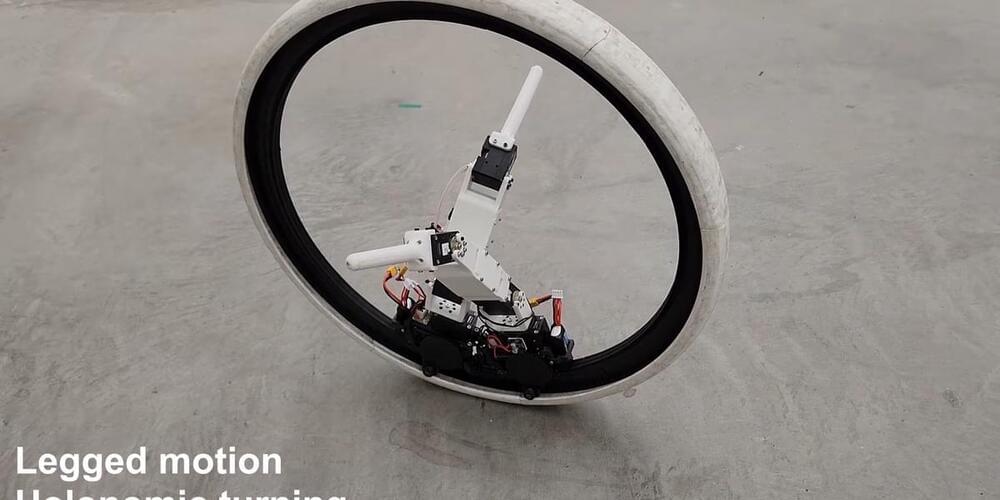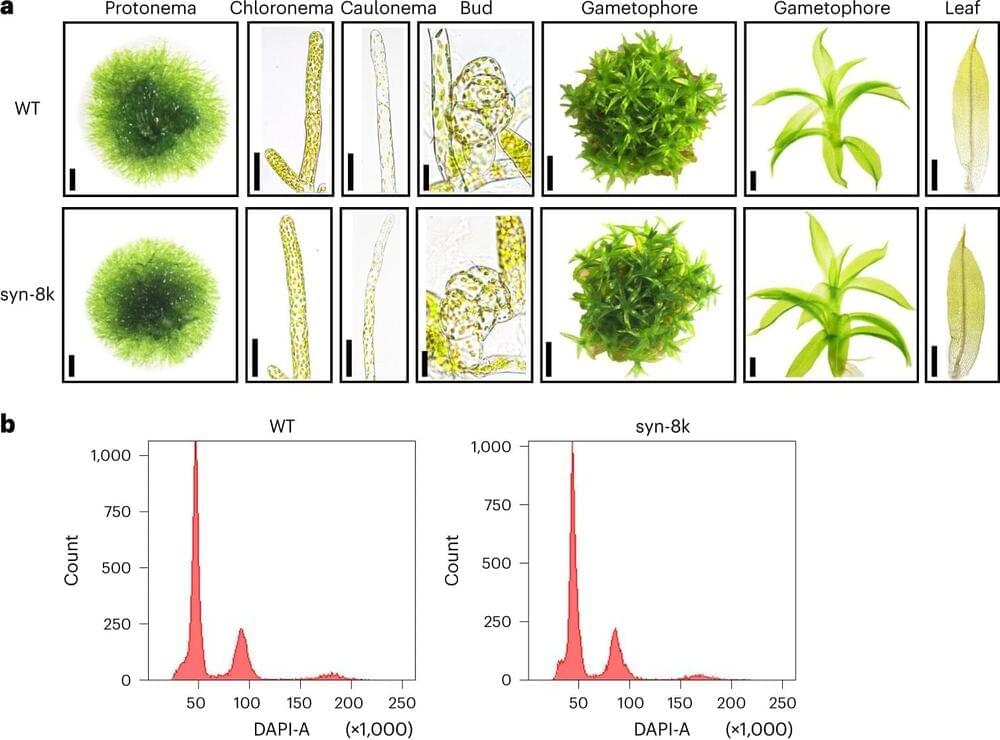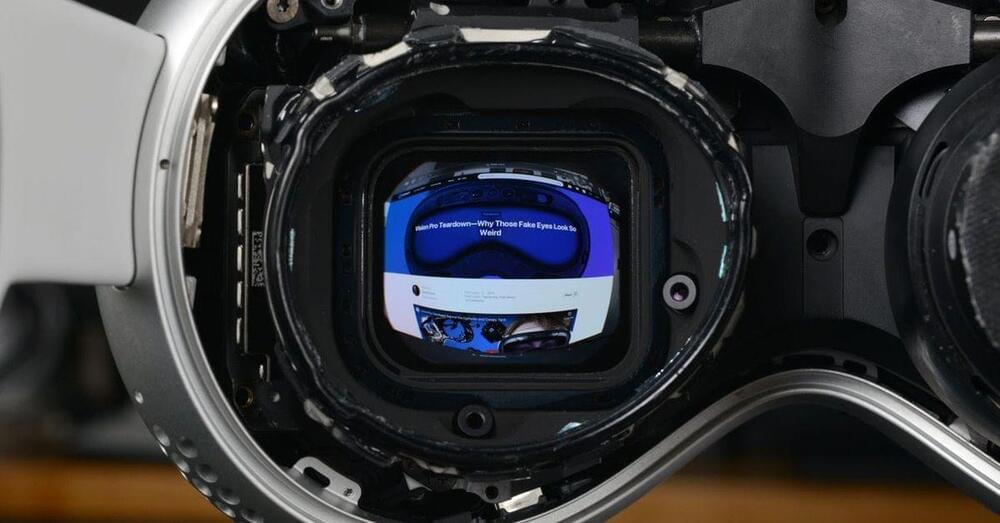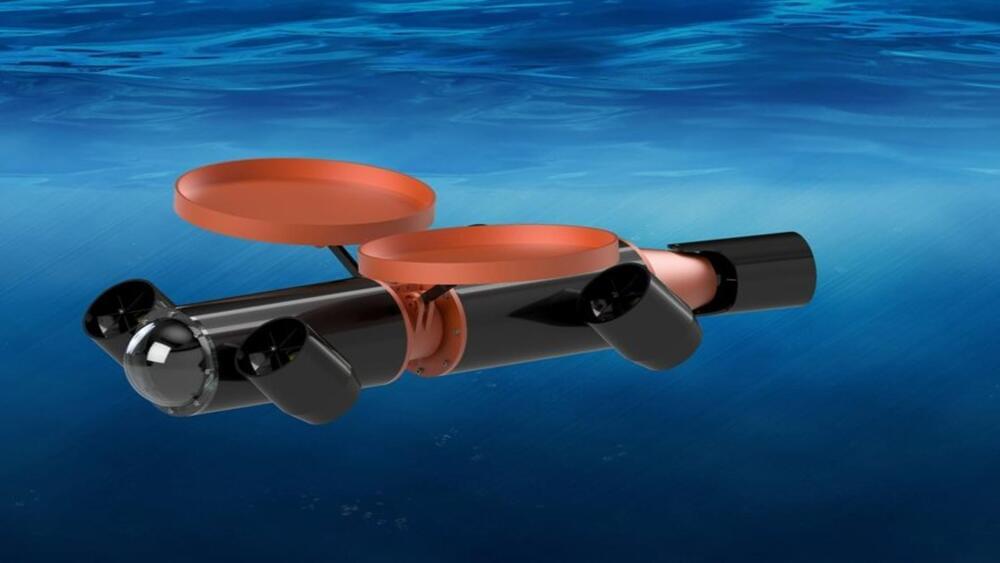The first human patient has received an implant from Neuralink, Elon Musk’s computer-brain interface company. Andrew Chang explores the complexity of the N1 implant, how it’s working in clinical trials, and what Neuralink is trying to achieve with the device.
»»» Subscribe to CBC News to watch more videos: http://bit.ly/1RreYWS
Connect with CBC News Online:
For breaking news, video, audio and in-depth coverage: http://bit.ly/1Z0m6iX
Follow CBC News on TikTok: https://bit.ly/3TnHioe.
Follow CBC News on Twitter: http://bit.ly/1sA5P9H
Find CBC News on Facebook: http://bit.ly/1WjG36m.
Follow CBC News on Instagram: http://bit.ly/1Z0iE7O
Download the CBC News app for iOS: http://apple.co/25mpsUz.
Download the CBC News app for Android: http://bit.ly/1XxuozZ
»»»»»»»»»»»»»»»»»»







